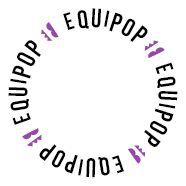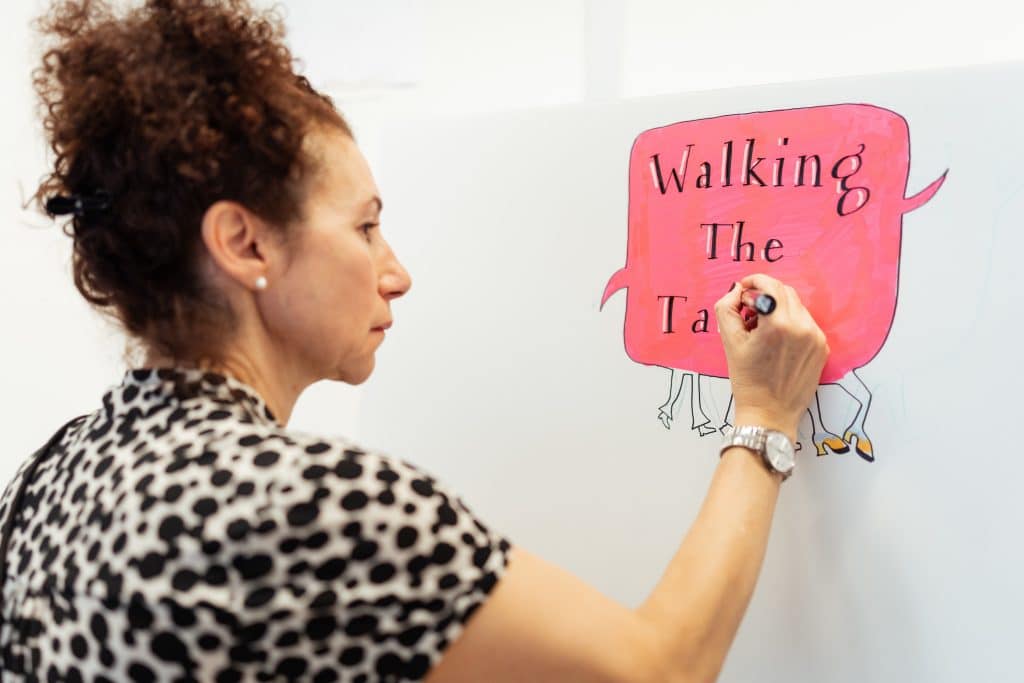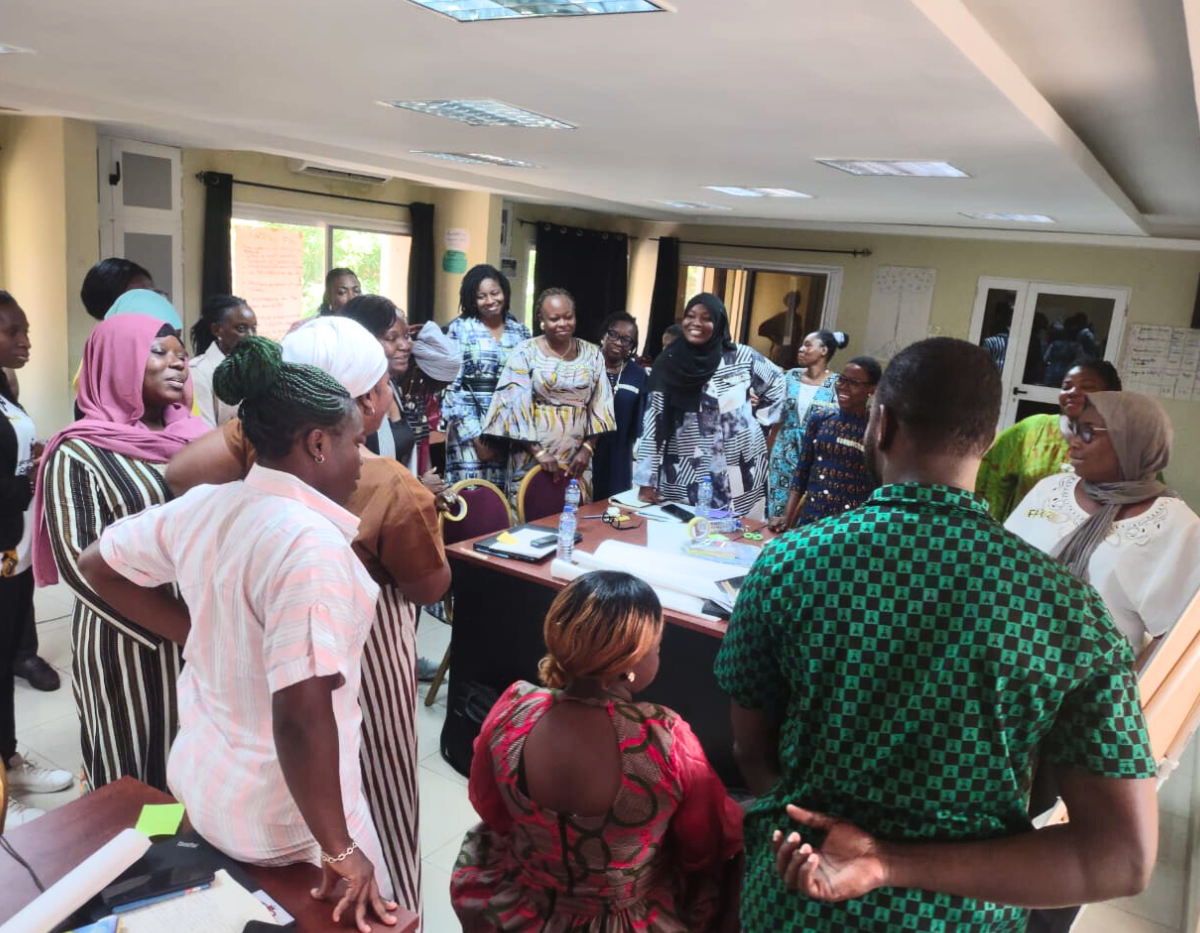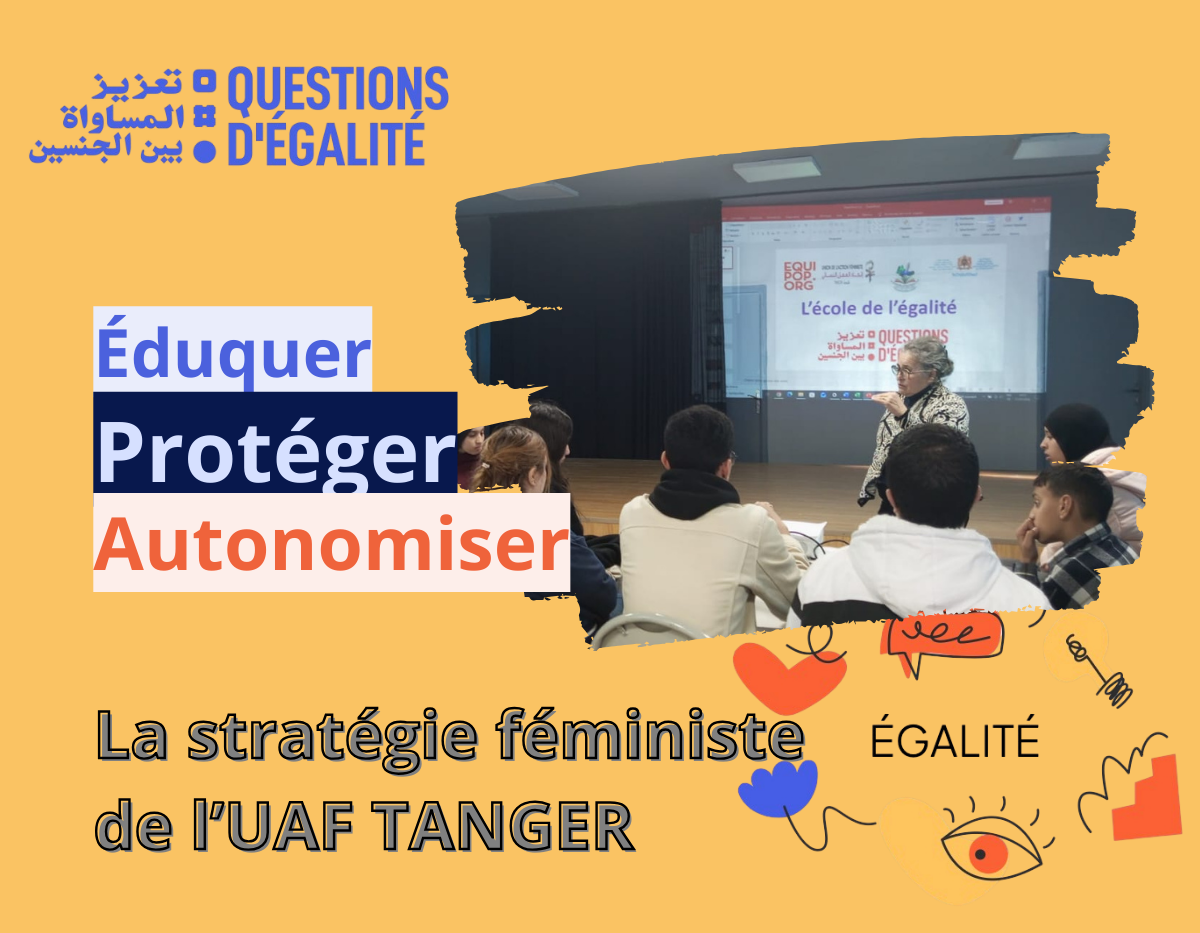Walking the Talk wants to boost the adoption and implementation of Feminist Foreign Policies and gender equality in Germany, France, the United Kingdom, the Netherlands, and the European Union. In other words, inclusive foreign policies that champion gender equality and reflect the voices of women and LGBTIQ+ people from the Global South. To achieve this, the program advocates for an increase in Official Development Assistance (ODA) dedicated to gender equality and women’s rights, especially funding for progressive, intersectional feminist organizations in the Global South.
Subscribe to the Walking the Talk newsletter!
Why we need feminist foreign policy
The UN goal to reach gender equality by 2030 is badly off course. A backlash against sexual and reproductive health and rights (SRHR) has been steadily gathering steam alongside growing sexual and gender-based violence and criminalization of LGBTIQ+ rights. Post-Covid, more women than men remain out of work. Worse, this global women’s rights emergency is colliding with a global climate emergency that subjects women and girls to disproportionate loss of life and livelihoods. We want a world where women and LGBTIQ+ persons play an integral role in political decision-making, and governments take concrete steps to address inequalities. Yet for too long, women and LGBTIQ+ persons have been left out of foreign policy, resulting in decisions on security, peace, international alliances, climate change, or trade, for example, that don’t reflect their interests. In the current context, where conservative movements counteract the progress of women’s and LGBTIQ+ rights, it is crucial to hold governments accountable for the implementation of their feminist policies and ensure they “walk their talk.” For a vibrant, inclusive, and resilient international movement for gender equality, progressive organizations in the Majority World (countries with the largest share of the global population) led by women and LGBTIQ+ persons need sufficient and reliable funding. Whether that is through ODA or other channels.
Our goals
By 2026 we aim to have achieved these outcomes:- The foreign policies and ODA of the United Kingdom, Germany, France, the Netherlands, and the EU reflect the priorities and ideas of feminists from the Global South and North.
- There is more and better funding available for gender equality, through ODA or other channels, in these four countries and at the EU level.
- Funding from the United Kingdom, Germany, France, the Netherlands, and the EU is more accessible for feminist organizations from the Global South.
Our approach
This program is led by a consortium of organizations based in four European countries: Equipop in France, Restless Development in the United Kingdom, the Centre for Feminist Foreign Policy in Germany, and Hivos in the Netherlands (leader of the consortium). Additionally, we plan to have a small team in Brussels to engage with Brussels-based NGOs as well as EU decision-makers. To effectively push for foreign policies and ODA that leave no one behind, we need to mobilize our (inter)national networks. Working together for more feminist, inclusive, and equitable foreign policies will also contribute to the progress of Sustainable Development Goal 5 (SDG 5). We actively challenge binary notions of gender, embrace gender and sexual diversity, and take an anti-racist and intersectional approach. While we are a consortium of organizations based in the Minority World, and focus our engagement work on decision-makers (and the wider public) in Europe, our work will be steered by rightsholders from the Majority World. This means that South-North co-creation is at the heart of our consortium strategy, research, communication, and advocacy efforts. We will also create inclusive spaces such as annual Feminist Advocacy Conferences, and more intimate Advocacy Labs, where feminists from the Majority and Minority World can co-strategize on the best way to convince decision-makers in the North of their ideas.[vc_single_image image= »34979″ img_size= »large » add_caption= »yes » alignment= »center »]
Where
Four focus countries are facing different political contexts and stages regarding the adoption or implementation of FFPs, and therefore have different goals. For France, Germany, and the Netherlands, which have adopted a FFP, the focus is on translating these commitments into concrete policies, ensuring that funding reaches progressive feminist organizations in the Global South, and holding these governments accountable for their policies. While the Netherlands announced the introduction of a FFP in 2022 and held a major conference in early November 2023, the proof is in the pudding. After Geert Wilders’ far-right Freedom Party won the November 2023 elections, we will have to intensify our efforts to make sure that the announced FFP indeed moves ahead. In the United Kingdom and the EU, we will be contributing to much of the groundwork needed to ensure more progressive policies and practices on gender equality and funding for ODA.
Period and budget
August 2023 – July 2026, 7 million USD.
Donor
The Bill & Melinda Gates Foundation is funding Hivos.
Partners
Centre for Feminist Foreign Policy (CFFP) The Centre for Feminist Foreign Policy’s (CFFP) is a key resource centre and strong advocate for the development, adaptation, and implementation of FFPs, with a successful track record in building political momentum and convincing governments to adopt FFPs. The CFFP has a strong European and international network, with a clear focus on intersectional feminism that includes bridging feminist, anti-racist, decolonial and LGBTQIA networks and organisations. The CFFP’s mission is to eradicate global inequalities in the most effective way possible, by seeing a feminist approach applied to all foreign, security, and international assistance policy worldwide. The work of the CFFP is focused across 6 programmatic areas: FFP, Feminist Peace and Security, Anti-Racism, Climate Justice, Human Rights and Feminist International Cooperation.
Equipop Equipop is a feminist international organisation working to improve the rights and health of women and girls worldwide, focusing particularly on their sexual and reproductive rights and health. Equipop champions feminist values and places the gender approach at the heart of its work. Equipop is an evolving organisation with some forty staff across its offices in Dakar, Ouagadougou, and Paris. It supports and works with over one hundred partner organisations and feminist activists in 12 countries. Hivos Hivos is an international development organisation guided by humanist values. Together with citizens and their organisations, it aims to contribute towards just, inclusive and life sustaining societies where people have equal access to opportunities, rights and resources. It works in partnership with others in the Middle East, Africa, Asia and Latin America on three impact areas: Civic Rights in a Digital Age; Gender Equality, Diversity and Inclusion; and Climate Justice. Hivos’ approach is solution driven, and it builds wider movements for change by amplifying and connecting voices. Restless Development Restless Development is a women-led and feminist-centred non-profit global youth agency with 35 years of experience supporting the collective power of young leaders to create a better world, from the grassroots to the high-policy level. Restless Development brings expertise on making Youth Power a reality, drawing on youth-led research, advocacy and inclusive co-creation, as well as an extensive network of 2,000+ women and girls-focused youth civil society organisations as part of the Youth Collective.




